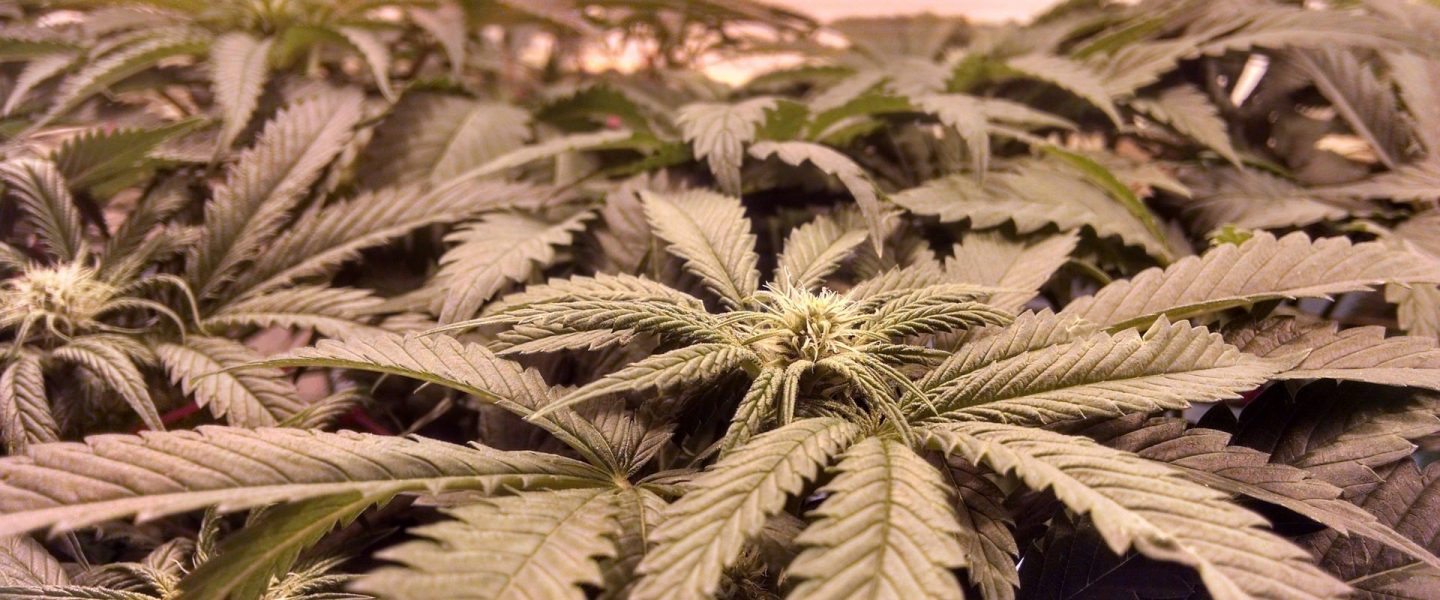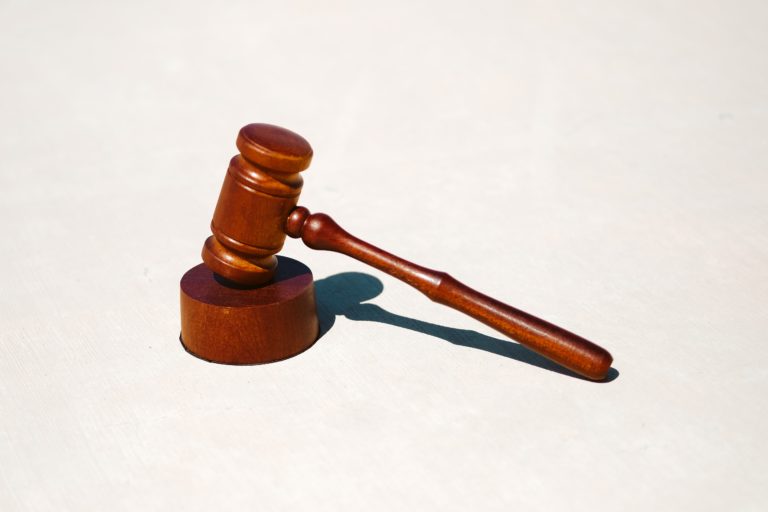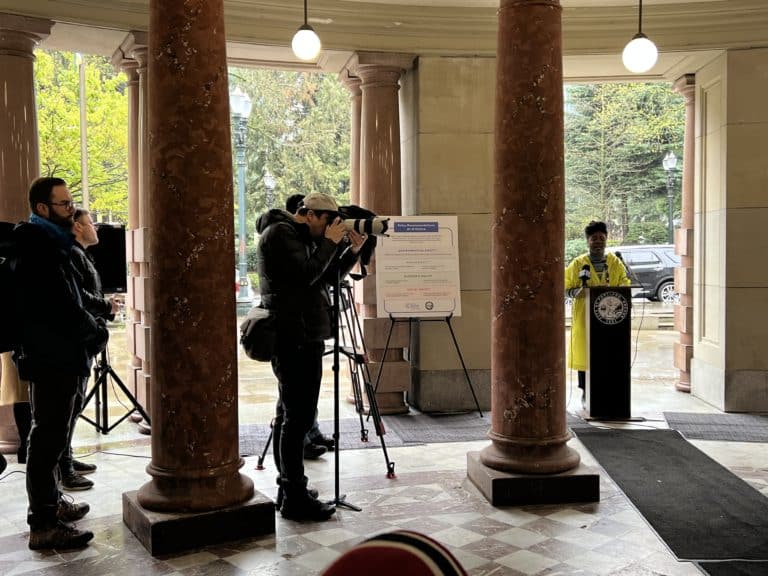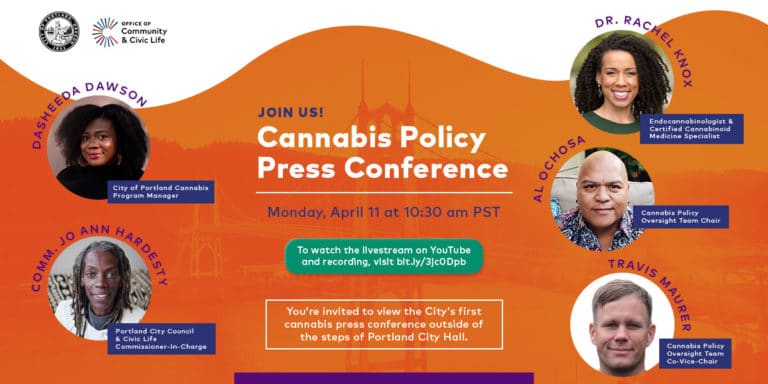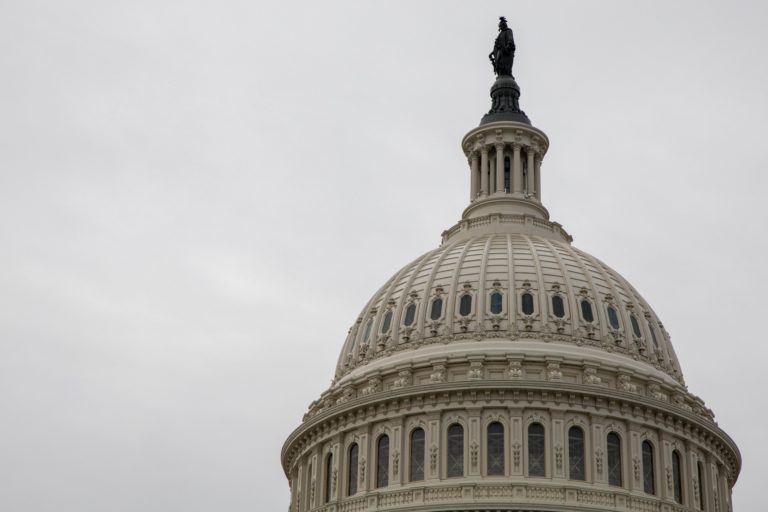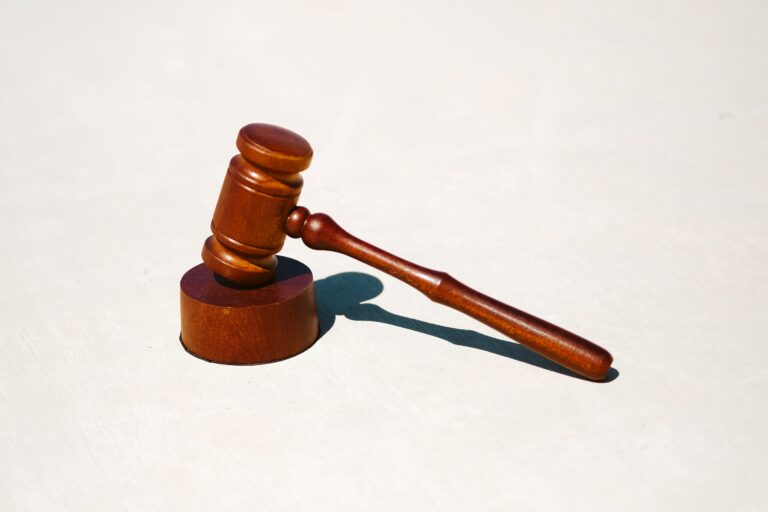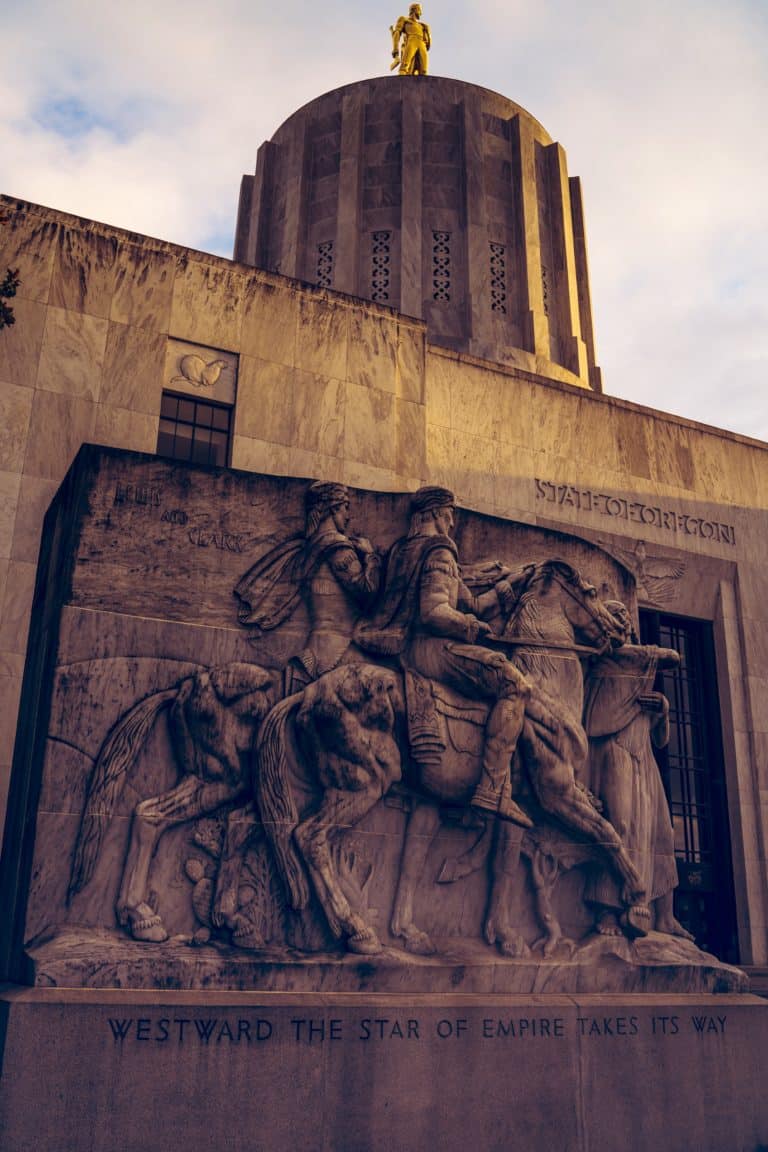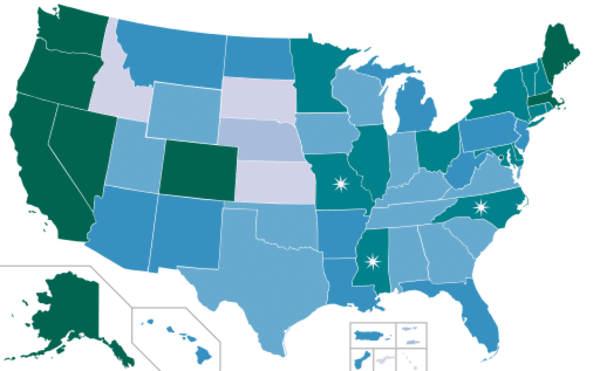
Marijuana policy in the U.S. is confusing. States have different laws and the federal government has rapidly shifting views on this valuable plant. Let’s see if we can first clear up the confusion, then sum it up in a way that is easy to remember.
First off, on the federal level, marijuana is a Schedule 1 substance. This means that under the Controlled Substances Act (1970), marijuana is considered addictive and with no medical uses. It is now very clear that these claims are overblown. There is no longer any doubt that marijuana has medical uses from treating nausea from chemotherapy to reducing seizures in children with Dravet Syndrome. Yet, by federal law, cannabis remains illegal to possess, use, cultivate, and transport. So, states have decided to pass laws to legalize marijuana use for medical and/or recreational purposes and in some cases to decriminalize aspects of possession, use, cultivation, and transportation of cannabis. Federal authorities have generally taken a position of non-enforcement in states that legalize aspects of marijuana use; however, it is always possible for the federal government to begin enforcing federal marijuana law, even by seizing and shutting down well-established dispensaries in states where they are legal by state law.
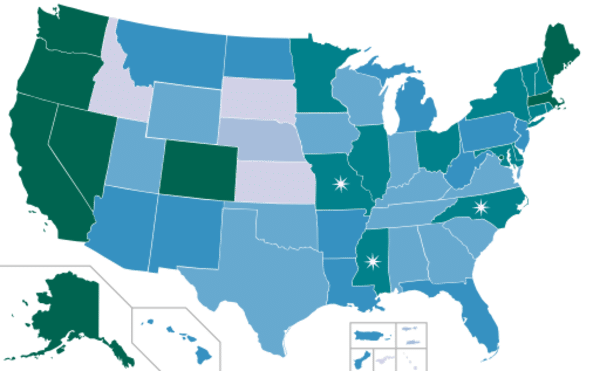
Figure 1. Source:By Lokal_Profil, CC BY-SA 2.5
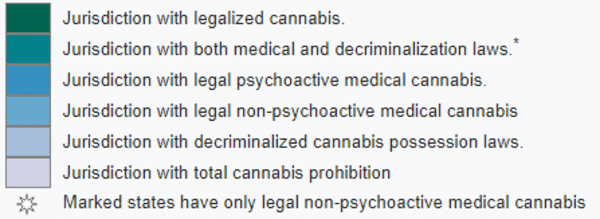
Eight states have fully legalized marijuana. The remaining states have laws which run the spectrum from fully legal, to fully prohibited. Here we identify what cannabis laws govern the states and territories of the US.
States Where Cannabis is Fully Legal (8)
1 Alaska
2 California
3 Colorado
4 Maine
5 Massachusetts
6 Nevada
7 Oregon
8 Washington
In addition, the District of Columbia has legalized medical and recreational use, but the legalization of the sale of recreational marijuana is prevented through Congressional action. Three Native American reservations, the Flandreau Santee Sioux Tribe of South Dakota, the Suquamish Tribe of Washington State, and the Squaxin Island Tribe of Washington State have legalized the sale and possession of cannabis.
States Which Legalize and Decriminalize Medical Marijuana (10)
1 Connecticut
2 Delaware
3 Illinois
4 Maryland
5 Minnesota
6 New Hampshire
7 New York
8 Ohio
9 Rhode Island
10 Vermont
These ten states allow medical marijuana and have laws decriminalizing aspects of possession, cultivation, and transport of cannabis. They do not allow recreational marijuana.
States Which Legalize and Decriminalize CBD Only Medical Marijuana (3)
• North Carolina
• Mississippi
• Missouri
These states legalize and decriminalize medical marijuana which has low THC and higher amounts of cannabidiol. They do not allow psychoactive medicinal cannabis.
States Which Legalize Psychoactive Medical Marijuana (12)
1 Arizona
2 Arkansas
3 Florida
4 Hawaii
5 Louisiana
6 Michigan
7 Montana
8 New Jersey
9 New Mexico
10 North Dakota
11 Pennsylvania
12 West Virginia
Puerto Rico and Guam have also legalized psychoactive medical marijuana. These states and territories have not necessarily also decriminalized cultivation, sell, possession, or transport of cannabis. CBD only cannabis is also legal in these states.
States Which Legalize non-Psychoactive Medical Marijuana Only (13)
1 Alabama
2 Georgia
3 Indiana
4 Iowa
5 Kentucky
6 Oklahoma
7 South Carolina
8 Tennessee
9 Texas
10 Utah
11 Virginia
12 Wisconsin
13 Wyoming
These states legalize forms of marijuana with low THC, and therapeutic amounts of other substances like CBD. They do not have laws which decriminalize marijuana production, sale, and transport or allow psychoactive medical marijuana.
What Prevents Legalization in the US?
In the US, marijuana is still considered by the federal government to be illegal, addictive, and to have no medical use. Although few lawmakers actually hold this view personally, it is still federal law, and can be enforced even in states which have legalized marijuana. Past administrations have taken the approach of not enforcing the federal law in states which have legalized marijuana.
What Can be the Result of Legalization?
If marijuana were legalized federally, it would have several positive effects. First, those suffering from pain and seizure conditions will have another option for pain treatment which may be less addictive and have fewer side effects than the medications currently in use. Secondly, the prison and jail population would be greatly reduced. Taxing of marijuana could greatly enrich the government and fund public works projects. If you think you can benefit from medicinal cannabis, visit the NCSM website for more information.
Author Bio:Kathrin Garner is an enthusiastic journalist and writes article on social issues. As an activist, she takes part in NCSM program, which is a knowledge platform and discussion forum on the medicinal use of cannabis.. She searches for topics that are relevant, and writes about it to a wide range of readers.

